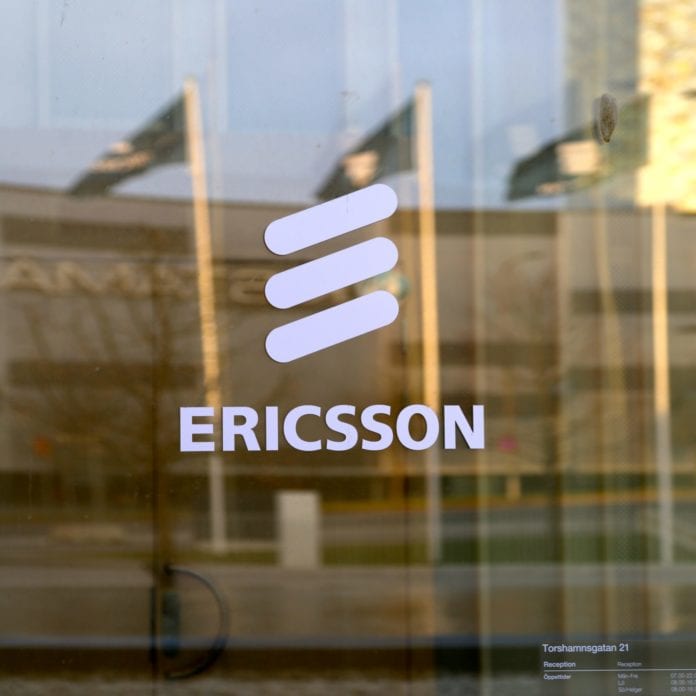As Ericsson goes through a period of change, looking to divest parts of its business under the direction of a new CEO, the Swedish network infrastructure vendor scored a major win with Vodafone. According to the companies, the network investment covers LTE and 5G technologies including massive multiple-input, multiple-out, carrier aggregation and testing of as-yet unstandardized 5G New Radio (NR).
In addition to trials, Vodafone U.K. will work with Ericsson on product validation, commercial deployment and professional services. Specific to 5G, Ericsson said in an announcement it will work with Vodafone on deployment scenarios using spectrum in the 3.5 GHz and mmWave bands, 5G-related business cases and proof of concept, and “distributed cloud and network slicing proof of concept: end-to-end latency and cloud-optimized network applications.”
The next specification from 3GPP will be Release 14, which includes features like LTE support for V2X, enhanced License Assisted Access, four-band carrier aggregation and inter-band carrier aggregation. At the same time, work related to Release 15, which includes technical specs for 5G NR, is ongoing.
Following Mobile World Congress 2017, 3GPP members convened a plenary in Dubrovnik, Croatia, the outcome of which has big implications for 5G. Qualcomm and industry leaders including AT&T, NTT Docomo, SK Telecom, Vodafone, Ericsson and others pushed for an accelerated timeline that contemplates a non-standalone 5G NR variant as soon as early 2019. Non standalone 5G NR will use the LTE radio and core network as an anchor for a new 5G carrier, which will set the stage for early deployments.
And, while the accelerated schedule got lots of attention, there’s another important outcome of the meeting in Croatia. 3GPP members also agreed on a study item–the first step in the standardization process–which focuses on 5G NR operating in unlicensed spectrum. The study item considers both stand-alone unlicensed deployment, as well as license-assisted access.
The scope of the agreement includes technology trials, product validation and commercial deployment, as well as professional services. Vodafone U.K. has 17.9 million consumer and enterprise customers for its mobile service, which covers 95% of the U.K.’s population. Vodafone offers a number of internet of things (IoT) services, including application-specific offerings like energy data management and mobile asset tracking, using a number of access technologies including narrowband-internet of things (NB-IoT) and satellite.
Ericsson Head of Europe and Latin America Arun Bansal made the IoT connection, commenting, “Together we will enable ubiquitous connectivity for their users that enable entirely new experiences, as well as monitoring and control of IoT in real time.”

